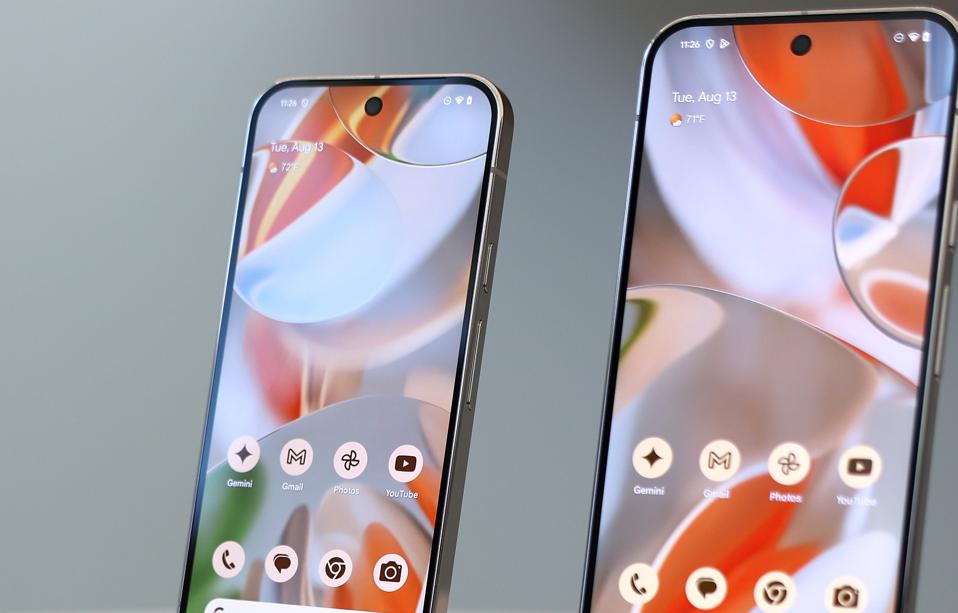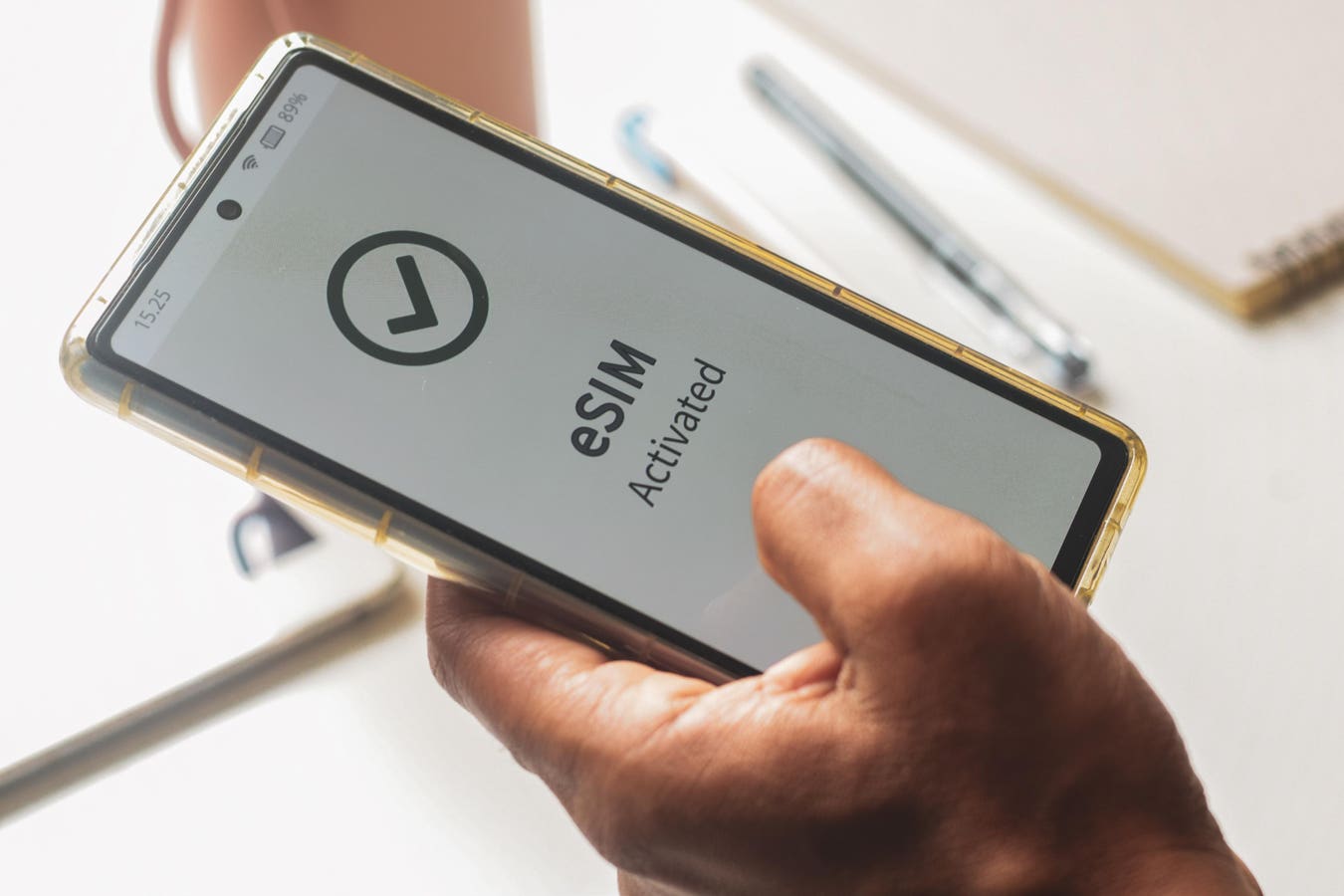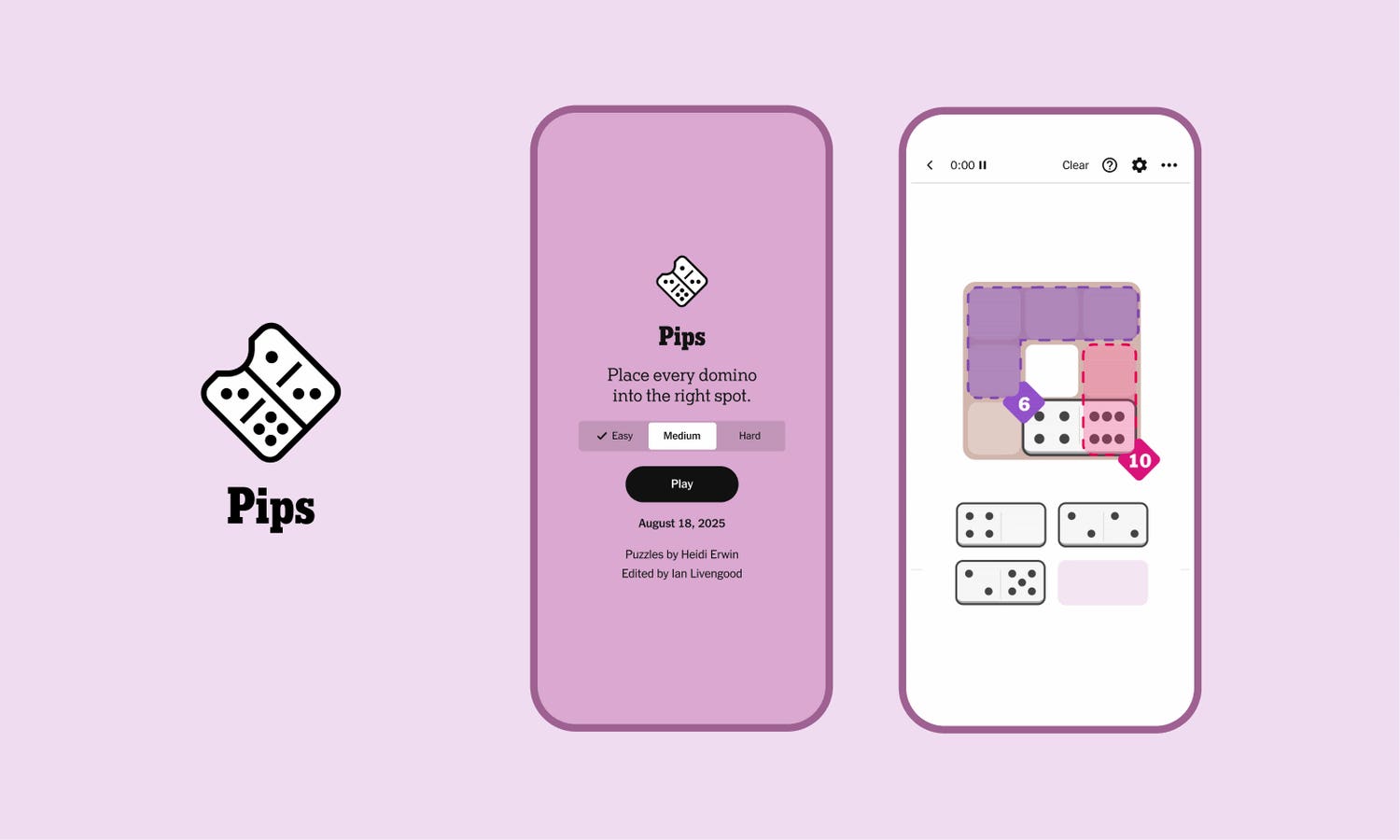All change for Android?
Republished on July 8 with new Google AI warnings for Android users and Samsung’s response to Pixel’s seemingly unstoppable progress.
Android has a problem — and this one is not easily fixed. There’s a conflict at the center of the world’s most popular operating system, and it’s getting worse. What happens next is down to Samsung to decide. But it could change everything.
I have warned about this before. Google supplies Android to other manufacturers, but it also competes with those OEMs through its own Pixel devices. And while Pixel has a small market share compared to those others, it’s first to new features and upgrades.
Security and privacy were central to Android 15 and it’s the same now with Android 16. And that makes OS upgrades more critical for users than regular feature updates.
Samsung is the largest OEM, and yet it suffered the most during the rollout of Android 15, trailing Pixel by almost an entire upgrade cycle. Pixels were moving to Android 16 just as many Samsungs got their first taste of Android 15. And while Samsung’s Android 16 rollout is expected to be faster, we’re still waiting to see how that actually goes.
Now that warning has been echoed by Android Authority. with “five reasons why Google’s Pixel software is better than Samsung’s One UI.” But one of those reasons matters more than all the others. “No matter what Samsung does to One UI,” it says, “the one advantage that Google will always have is faster updates.”
In short, “as the creator of Android, it’s easier for Google to optimize its Pixel lineup.” While this is an especially acute time to have this debate, given “the mess that was One UI 7,” it goes beyond OS upgrades. Seamless and efficient security updates month after month, and access to innovative new security features both come to mind.
July has brought something of a surprise when it comes to these security updates. Pixel has none — it is assumed that the latest Android 16 included any available fixes. While Samsung does have a raft of Android and its own security updates.
There has also been a new announcement from Samsung pushing the security and privacy benefits of its Android 16 interpretation with One UI 8. This includes on-device, privacy centric AI data management, which presents an alternative to Google’s own offerings on Pixel which will always present as more of a privacy compromise.
Samsung Vs Pixel
Google remains in the privacy crosshairs as it starts to point Gemini at more sensitive user content, including WhatsApp. As Malwarebytes warns, “Google enabling Gemini to access third-party apps promises exciting AI-driven features but also introduces significant privacy, security, and control challenges.”
This is made worse because altering these AI permissions “is not easy. First off, there is a contradiction in Google’s statements. In one place it says the change will automatically start rolling out and will give Gemini access to apps such as WhatsApp, Messages, and Phone ‘whether your Gemini apps activity is on or off.’ But in another place it claims, ‘If you have already turned these features off, they will remain off’.”
While this is Android rather than Pixel, it’s Google that is driving the changes. That has left the door open for Samsung to present itself as the more private Android option. But it needs to do this against the backdrop of Pixel’s unstoppable progress.
And while “Samsung has fixed its flawed One UI 7 update,” Android Authority says, “it’s done so just in time for everyone to turn their attention to One UI 8.” The reality is that Google has made Pixel unbeatable when it comes to the pace and efficiency of updates and upgrades, and as AI becomes ever more intrinsic to Android, this risks becoming more critical to users and will remove some of Samsung’s differentiation.
We’re seeing the same in the narrowing gap between Android and iPhone and with the availability of Google’s suite of AI-driven apps on different operating. The mobile space race and its half-life have significantly reduced.
While Samsung will determine what happens next, the trigger may come from China not Korea. Huawei is now pushing a third mobile OS, bringing real competition to iOS and Android for the first time in a decade. The pressure is on other Chinese OEMs to jump onboard, rebalancing away from U.S. tech. You can be certain that’s being pushed in quiet corridors in Beijing and Shenzhen as being in the national interest.
While Pixel’s unbeatable upgrades are certainly bad news for Samsung, it could be that they’re even worse news for Android overall.









